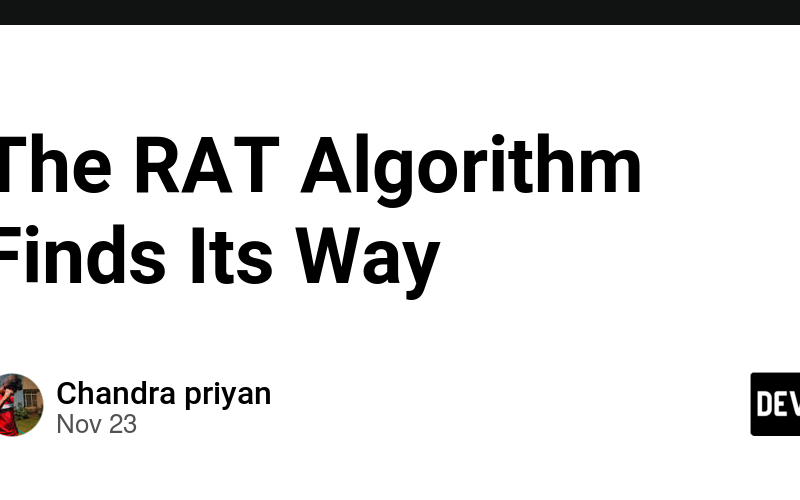23
Nov
IntroductionImagine a robot in a maze trying to find the exit efficiently. The Rat in a Maze problem illustrates this scenario, and it’s a great way to learn about backtracking algorithms. This algorithm isn't just for mazes—its principles are widely applicable in fields like robotics, game design, and even logistics. Understanding the AlgorithmThe Rat in a Maze problem uses backtracking to explore all possible paths from the start to the exit. The algorithm follows a recursive approach: Start from the initial cell.Move forward in one of the four directions (right, down, left, up).Check if the move is valid (within bounds,…





